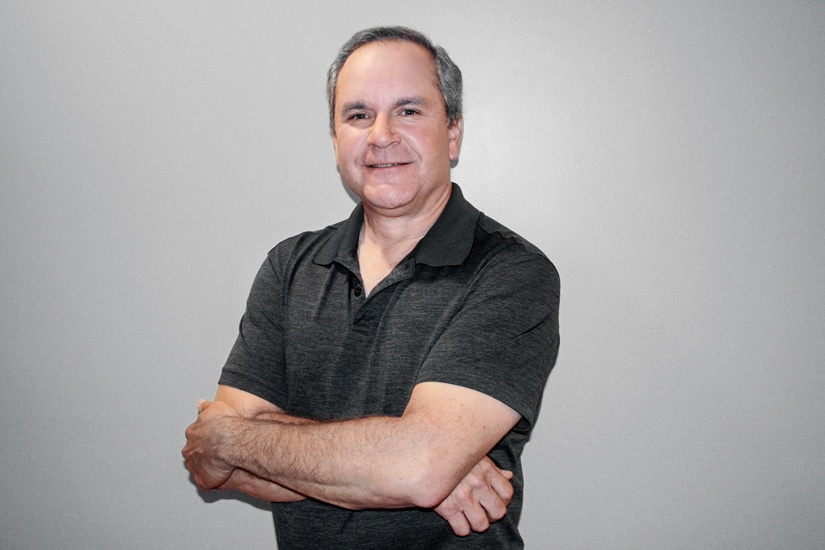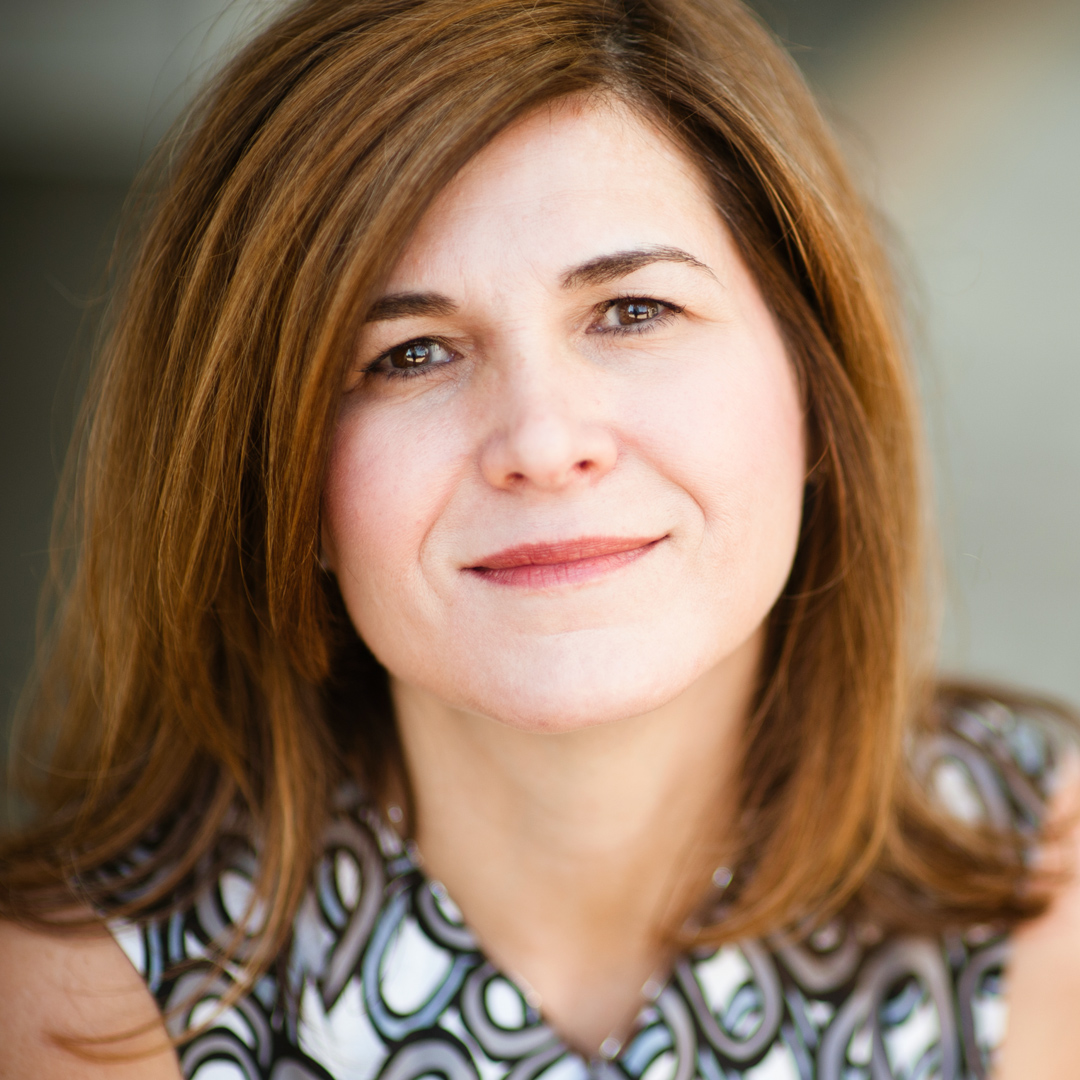After working as in-house counsel at Owens Corning and Rollins, Inc. for twenty-two years, Keith Scott had a finely honed idea of what makes a trial lawyer excel in the courtroom, and that’s what led him to become Exide Technologies’ assistant general counsel of litigation and compliance, in 2017. The company, a global manufacturer of batteries for multiple applications, had filed for bankruptcy in 2013 and hired Scott to turn around its approach to litigation. He decided to take a leap of faith and accept the role.
“Exide wanted someone who’d seen it all, from high-volume mass torts to high-stakes class actions and commercial litigation,” Scott says. “They hired me to impose greater discipline on our internal processes and sharpen our strategic focus all the way through trial.”
His philosophies surrounding best practices for trial attorneys have been brewing in his head since childhood, before he even knew he wanted to be a lawyer. Growing up in southern Florida, he was impressed by prominent trial lawyers such as Gerry Spence and Richard “Racehorse” Haynes, who he saw interviewed on 60 Minutes. He also admired military figures such as generals Grant and Patton, who could block out the noise of battle and find clarity.
“I enjoy a good fight,” Scott says. “Good trial lawyers filter out the noise, too. They get to the heart of a case, and then they do something more subtle: they add nuance and storytelling. They know how to persuade, how to win a jury’s heart before they win their minds. When I saw it all come together in court, I knew that’s where I wanted to be.”

He saw these traits in Jack Scarola, a lawyer he met while in law school at Emory University, working as a clerk at the law firm of Searcy Denney Scarola Barnhart & Shipley. “He was extremely disciplined but also very creative,” Scott says. “And, he approached a case like a bulldog; he didn’t let go.”
Scott and a paralegal work in-house for Exide Technologies, and a pool of outside counsel round out its litigation team. Scott is tasked with hiring the outside counsel, and their ability to try a case is the key factor in his decision-making. He’s been particularly impressed by Dan Gerber, of Rumberger Kirk & Caldwell, for the unassailable credibility he brings to the courtroom, and by Mike Davis, of Sidley Austin LLP, for his uncanny knack for staying several steps ahead of his adversaries. “I’ve seen lawyers from all over the country, and I’m fascinated how each takes a different approach,” Scott says. “I’ve learned from what they do and share their strengths with everyone else, particularly those two.”
Demonstrated excellence in a trial lawyer is also critical to his ability to evaluate a case. If he hands a case to outside counsel, he wants to be confident of the outcome. “If you know what a good trial lawyer can do with your case, then you can envision what it’ll look like after the court enters a final judgment and you’ll know how to evaluate it,” Scott says.
He also wants lawyers who are “joined at the hip” with Exide and can help it build on its successes in compliance. He works with different departments at Exide to understand the business and stay ahead of the law. “If all a lawyer does is recite regulations, he or she is not much help to the company,” he says. “You must understand the business like the back of your hand.”
Looking ahead, Scott believes that finding good trial lawyers will continue to be a challenge, largely because law firms keep young lawyers from the courtroom. “You should become a partner because you can try a case, not the other way around,” he says.
He advises young lawyers to find mentors who will let them try cases as soon and as much as possible. “You will never be a good trial lawyer unless you try cases as a young lawyer,” he says. “It teaches you what matters to a judge and jury, which, if you’re trying a case, is all that matters.”


